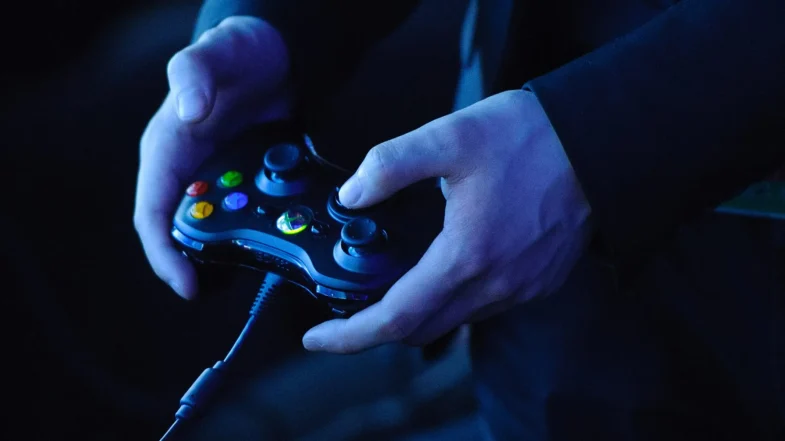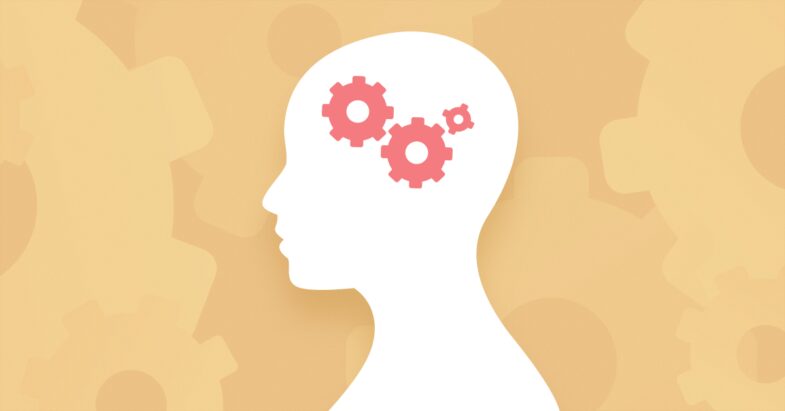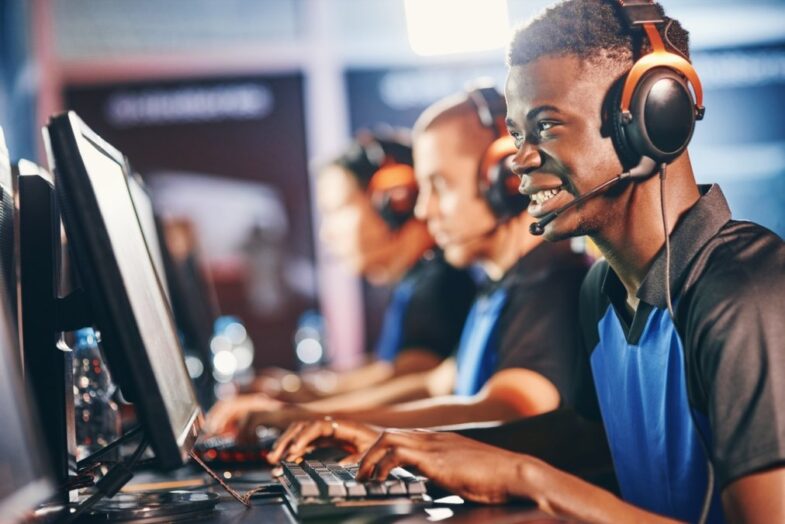In today’s digital age, gaming has become an integral part of our society, captivating the attention of millions of individuals across the globe. From immersive virtual worlds to challenging puzzles and strategic quests, games offer an engaging and interactive experience that transcends traditional forms of entertainment. However, beyond their recreational value, games have also emerged as a powerful tool for educational purposes. This article aims to delve into the fascinating realm of gaming and its potential to enhance critical thinking and problem-solving skills in students.
With the advent of technology and the widespread availability of gaming platforms, students are increasingly drawn to the captivating worlds and challenges presented in various game genres. As educators and parents grapple with the impact of gaming on young minds, it becomes crucial to explore the potential benefits that gaming can offer. This article seeks to shed light on how gaming can serve as an avenue for intellectual growth by nurturing critical thinking and problem-solving abilities in students.
Understanding the Benefits of Gaming

Source: freepik.com
When it comes to understanding the benefits of gaming, it’s important to recognize how it can enhance critical thinking and problem-solving skills, which are crucial for various aspects of a student’s academic journey, including research, discussions, essay writing, completing projects, etc. Gaming provides an immersive and interactive experience that engages the brain in complex cognitive activities. Players are often required to analyze and interpret information, make strategic decisions, and solve intricate problems within the virtual world. Moreover, gaming fosters skills beyond critical thinking. It also encourages creativity, as players often find innovative solutions and think outside the box to overcome obstacles.
Numerous research studies have shed light on the positive effects of gaming on cognitive skills. Engaging in gaming activities has been shown to improve problem-solving abilities, enhance cognitive flexibility, and strengthen analytical thinking. The dynamic and interactive nature of gaming provides constant mental stimulation, requiring players to adapt, strategize, and solve complex problems in real-time. These cognitive processes closely align with the skills needed in essay writing, where students must analyze information, identify patterns, and construct logical arguments. Research also indicates that gaming can enhance working memory and attention span, both of which are crucial for absorbing and processing information effectively. These cognitive benefits extend beyond gaming itself and have the potential to positively impact various areas of a student’s academic life, including critical thinking, problem-solving, and ultimately, the quality of their essays.
Developing Critical Thinking Skills through Gaming

Source: pinterest.com
One of the remarkable aspects of gaming is the myriad of challenges and puzzles it presents to players. Whether it’s navigating complex mazes, solving intricate riddles, or strategically planning moves, games provide a rich landscape for critical thinking to thrive. Players are constantly required to analyze information, evaluate different options, and make informed decisions that directly impact their progress in the game. This analytical process cultivates critical thinking skills by encouraging players to consider multiple perspectives, anticipate consequences, and devise effective strategies to overcome obstacles. By immersing themselves in these virtual worlds, students engage in active problem-solving that stimulates their cognitive abilities and enhances their capacity to think critically.
Moreover, gaming environments create an ideal platform for fostering critical thinking and decision-making. Many games present players with open-ended scenarios, allowing them to explore various approaches and outcomes. These environments encourage players to think critically by presenting complex situations that require thoughtful analysis and strategic planning. Whether it’s managing limited resources in a survival game, deciphering clues in a mystery game, or adapting strategies in a strategy game, players are constantly challenged to think critically and make informed decisions to progress. The interactive nature of gaming further enhances critical thinking as players receive immediate feedback and consequences for their choices, encouraging them to reflect, adjust their approach, and develop a deeper understanding of cause and effect. This dynamic feedback loop between player actions and game outcomes cultivates critical thinking skills by fostering a sense of accountability and reflection on decision-making processes.
Enhancing Problem-Solving Abilities through Gaming

Source: freepik.com
Games, by their very nature, revolve around problem-solving. From intricate puzzles to complex challenges, gaming presents players with a variety of problems that demand creative and strategic solutions. The mechanics and gameplay mechanisms embedded in games are designed to engage players in active problem-solving processes. Whether it’s deciphering clues, finding hidden paths, or overcoming obstacles, gamers are constantly required to analyze situations, think critically, and devise effective strategies to progress. This problem-solving aspect of gaming provides students with a unique opportunity to hone their problem-solving abilities in a dynamic and engaging way.
One of the key ways in which gaming enhances problem-solving skills is by encouraging experimentation, strategizing, and adaptive thinking. Games often provide players with a range of tools, abilities, and resources that can be combined and utilized in different ways to solve problems. This freedom to experiment fosters a sense of curiosity and exploration, allowing players to test hypotheses, evaluate outcomes, and learn from trial and error. By strategizing and adapting their approach based on the feedback they receive from the game, students develop a flexible mindset that is essential for effective problem-solving. They learn to assess situations, consider alternative solutions, and adjust their strategies accordingly, all of which are valuable skills applicable to real-world problem-solving scenarios, like poker players do in certain situations.
Conclusion
In conclusion, gaming holds immense potential for enhancing critical thinking and problem-solving skills in students. By immersing themselves in gaming experiences, students can develop essential cognitive abilities that are highly valued in today’s world. Through analyzing and explaining quotes, students can sharpen their critical thinking skills, while the problem-solving nature of gaming environments fosters decision-making and adaptive thinking. The transferability of these skills from gaming to real-life situations further solidifies their practical value.
It is crucial to embrace gaming as an educational tool and recognize its benefits in fostering cognitive development. By incorporating gaming into educational curricula, educators can tap into a unique and engaging avenue for cultivating critical thinking and problem-solving skills. Gaming provides an interactive and dynamic learning experience that motivates students to actively participate in challenges, make decisions, and strategize. As technology continues to evolve, integrating gaming into education becomes increasingly relevant, offering students a modern and immersive way to develop essential skills.
